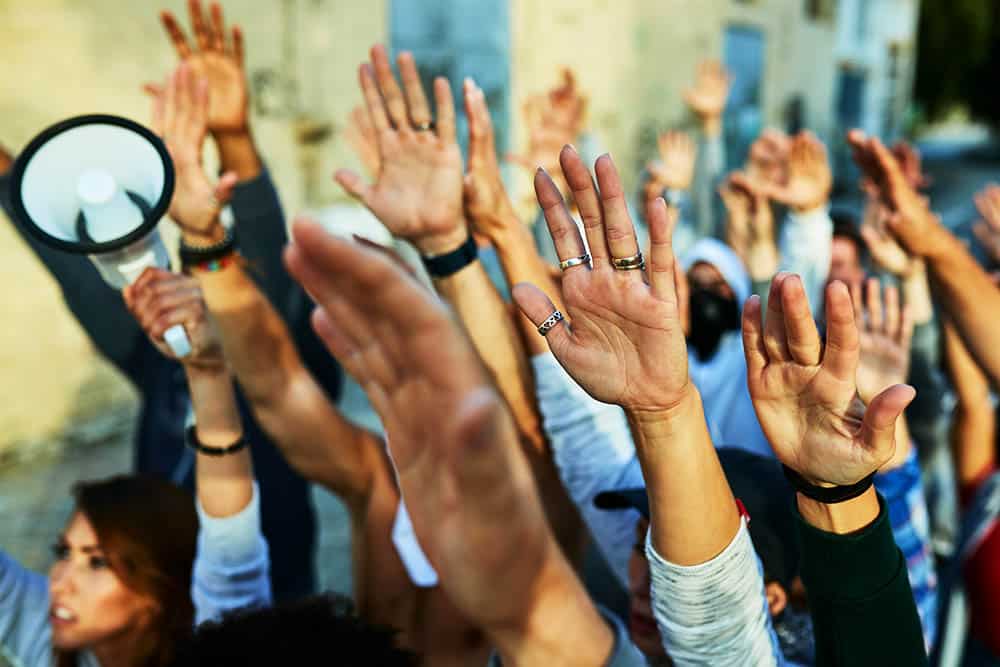Understanding the Significance of Human Rights
Human rights are the fundamental rights and freedoms that are entitled to every individual. These rights are inherent, and they protect individuals from discrimination, oppression, and persecution on the basis of their race, religion, gender or beliefs. The importance of human rights cannot be overstated. The existence of these rights upholds the dignity of each person and guarantees that they receive equal treatment and fairness in all aspects of their lives.
The Evolution of Human Rights
Human rights have been regarded as a crucial concept throughout history. The earliest recognition of human rights dates back to ancient Greece, where the idea of universal moral principles that govern all humans emerged. In 539 BC, the Cyrus Cylinder was issued by the Persian king Cyrus the Great, which stated the new policy of religious tolerance which allowed for the freedom of worship for all people living under Persian rule.
The Magna Carta of 1215 established the principle of the rule of law and later influenced other charters, bills of rights and constitutions, such as the United States Bill of Rights and the Universal Declaration of Human Rights.
In 1945, the formation of the United Nations was pivotal in advancing the cause of human rights. The United Nations General Assembly adopted the Universal Declaration of Human Rights in 1948, setting the framework for the protection of human rights globally.
The Importance of Human Rights Today
Human rights have been integral to the progress of society. The victories of the civil rights movement in the United States, the end of apartheid in South Africa, and the fight for democracy across the world have all been driven by the principles of human rights.
Human rights laws protect us from discrimination and persecution based on factors such as race, religion, gender, and sexuality. They guarantee us access to basic needs such as clean water, food and healthcare. They ensure that people have access to education, work, and fair wages, as well as the right to form unions and the freedom of expression.
Challenges to Human Rights
Despite the progress that has been achieved, there are numerous challenges facing human rights today.
One of the most significant challenges faced today is the rise of authoritarian regimes, which have dismissed the importance of human rights and democracy. Countries like China, Iran, North Korea, and Russia are among the most egregious violators of human rights in the world.
In many countries, discrimination against certain groups, such as minorities, women, and LGBT individuals, persists. The rise of populism and nationalism has given rise to xenophobia and Islamophobia, perpetuating and legitimizing hate speech and violence.
Why Every Person Deserves to be treated fairly
Human rights are universal, and every individual is entitled to them. These rights must be protected regardless of race, ethnicity, gender, sexuality, religion, or any other characteristic that might cause discrimination.
Fair treatment of every person is important because these rights guarantee that every individual has an equal opportunity to succeed in their life, irrespective of their background. They also ensure that every individual is protected from harm, violence and discrimination.
When human rights are not upheld, it leads to social and political instability, violence and conflicts. Failure to protect human rights not only harms individuals but also undermines the foundations of our societies.
The Role of Human Rights Organizations
Human rights organizations play a crucial role in advocating for the protection of human rights. They fight for justice and equality for all, and challenge violations of human rights using various tools such as public campaigns, legal action, and research.
Despite the many challenges facing human rights advocacy, there has been progress in protecting and advancing the human rights of individuals. Organizations such as Amnesty International and Human Rights Watch are committed to ensuring that every person has their human rights upheld.
Conclusion
Human rights are essential for the dignity and wellbeing of every individual. Upholding these rights is crucial to building a fair, just and equal society. Despite the challenges that we face, there is progress in the advancement and protection of human rights, and an increasing number of people are standing up to defend them. As a global community, we must remain vigilant and committed to safeguarding and promoting human rights for all.
